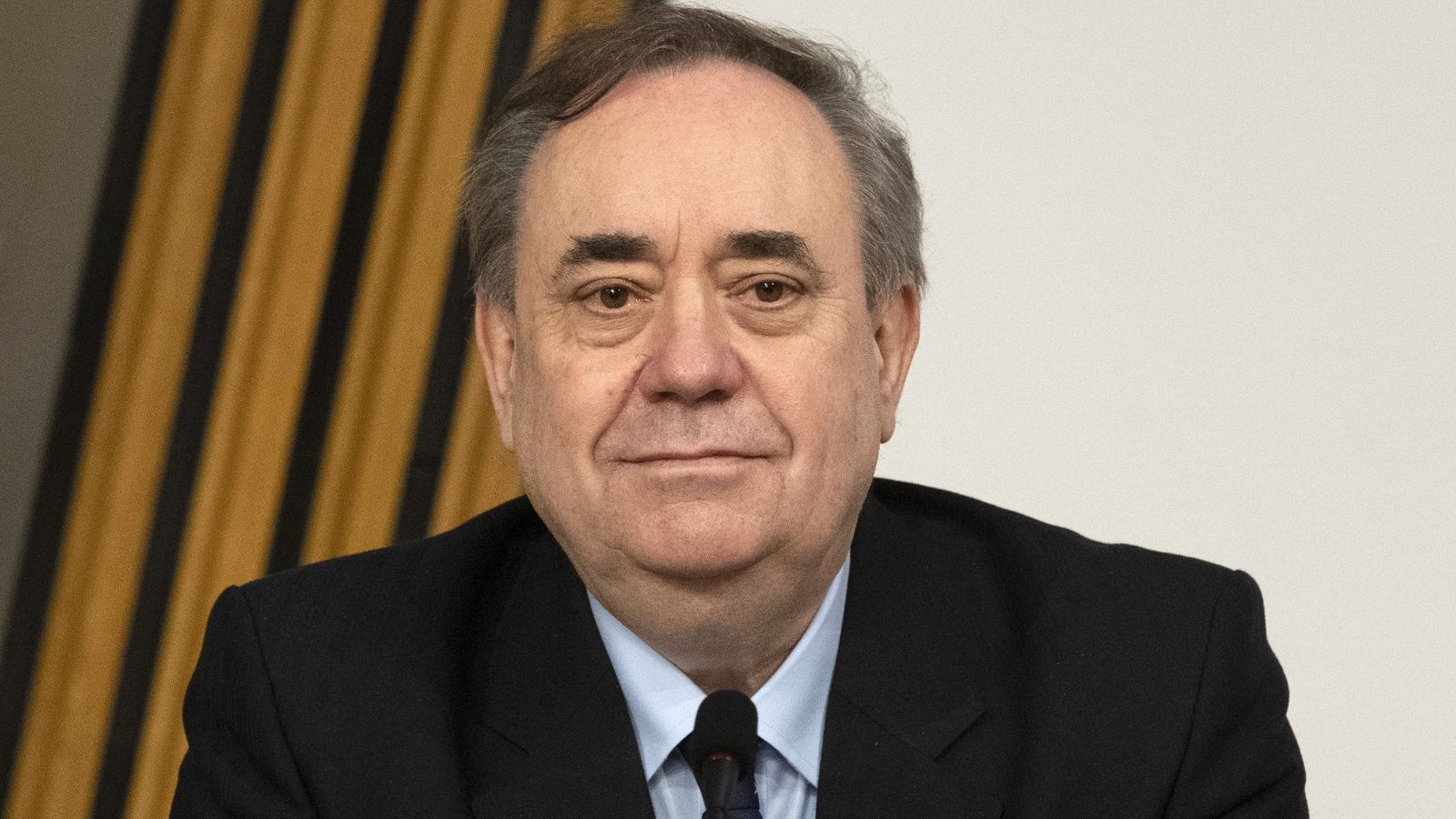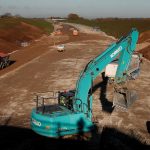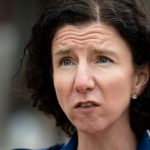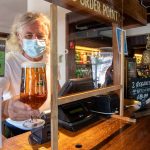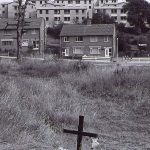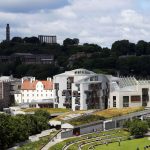Scotland’s former first minister Alex Salmond has re-entered frontline politics to become the leader of the new pro-independence Alba Party.
The party was registered with the Electoral Commission in January by retired TV producer Laurie Flynn.
Alba Party will stand candidates – including Mr Salmond – in the Scottish parliament elections on 6 May.
The 66-year-old on Friday set out the party’s aim of working towards a “successful, socially just, environmentally responsible, independent country”.
The dramatic development in Scottish politics comes after Mr Salmond’s recent battles with the Scottish government, led by First Minister Nicola Sturgeon, over its handling of harassment allegations against him.
“Today I’m announcing the public launch of a new political force, the Alba Party,” Mr Salmond said in a statement.
“Alba will contest the upcoming Scottish elections as a list-only party, seeking to build a super-majority for independence in the Scottish Parliament.
“Over the next six weeks we will promote new ideas about taking Scotland forward – giving primacy to economic recovery from the pandemic and the achievement of independence for our country.
“We expect to field a minimum of four candidates in each regional list and we’re hoping to elect Alba MSPs from every area of Scotland.”
Mr Salmond added the Alba Party were “making an entirely positive statement and also asking people to come forward and give us support”.
There are two ways in which MSPs are elected.
Scotland is divided into 73 constituencies for Holyrood elections and each constituency elects one MSP via the first past the post system.
However, voters also get another vote with which to elect 56 additional MSPs, with Scotland divided into eight parliamentary regions.
Each region elects seven regional MSPs, with voters using this vote to support a party rather than an individual candidate.
The parties are then allocated a number of MSPs based on their proportion of the vote, with regional MSPs selected from lists compiled by parties.
It is by this means that Mr Salmond hopes both he and his Alba Party will make a breakthrough at Holyrood on 6 May.
Among the Alba Party’s candidates are Chris McEleny, an SNP councillor in Inverclyde, while it is understood Mr Salmond will contest the North East regional constituency.
“The Alba Party is a list party, we are standing only in the list,” he explained.
“We are not challenging the SNP in the constituencies. Indeed we are saying vote SNP or for an independence party on the constituency section.
“We are giving that support. Our campaign that we have launched is going to be entirely positive.”
SNP leader Ms Sturgeon has vowed, if she wins a majority at the Scottish parliament elections, she will hold a new independence referendum, regardless of whether Prime Minister Boris Johnson consents to the move.
And Mr Salmond suggested his introduction of a new party would not harm the push for Scottish independence.
“We think building that substantial majority in the Scottish parliament is the key to unlock that question and it’s the key to the way forward,” he said.
“If Alba helps – and it is helping because we are not standing on the constituency ballot, we expect that to be dominated by the SNP – but if Alba can help by contributing independence-supporting MSPs and their expertise they’re contributing to the new platform that we’re going to have to build on independence.”
He added that “different strands of independence thinking” at Holyrood would be a “great strength” in possible negotiations with Westminster over a fresh referendum.
“I think the position of Boris Johnson will be fundamentally weaker if he has to say no to an entire parliament representing an entire nation as opposed to being able to cast it as just something which is being promoted by the SNP.” Mr Salmond said.
Earlier this week, Mr Salmond revealed he was preparing more legal action over the conduct of the Scottish government’s top civil servant, Leslie Evans.
It follows the publication of a Holyrood inquiry into the Scottish government’s handling of harassment claims against him.
However, a separate investigation by James Hamilton, the independent adviser on ministerial standards, this week found First Minister Nicola Sturgeon had not breached the ministerial code over her handling of the allegations.
Mr Salmond has previously been successful in a legal challenge of the Scottish government’s unlawful investigation into complaints against him, which led to him being awarded more than £500,000.
He was acquitted of all 13 criminal charges brought against him – including sexual assault, indecent assault and attempted rape – in March 2020 following a High Court trial.
Mr Salmond served as Scotland’s first minister between 2007 and 2014, when he stood down following defeat in that year’s independence referendum.
He has previously been an MSP for Banff and Buchan, Gordon, and Aberdeenshire East in his spells in the Scottish Parliament.
And he was also an MP at Westminster in two separate spells.
Mr Salmond was succeeded by Ms Sturgeon, his former deputy, as first minister and SNP leader in 2014.
